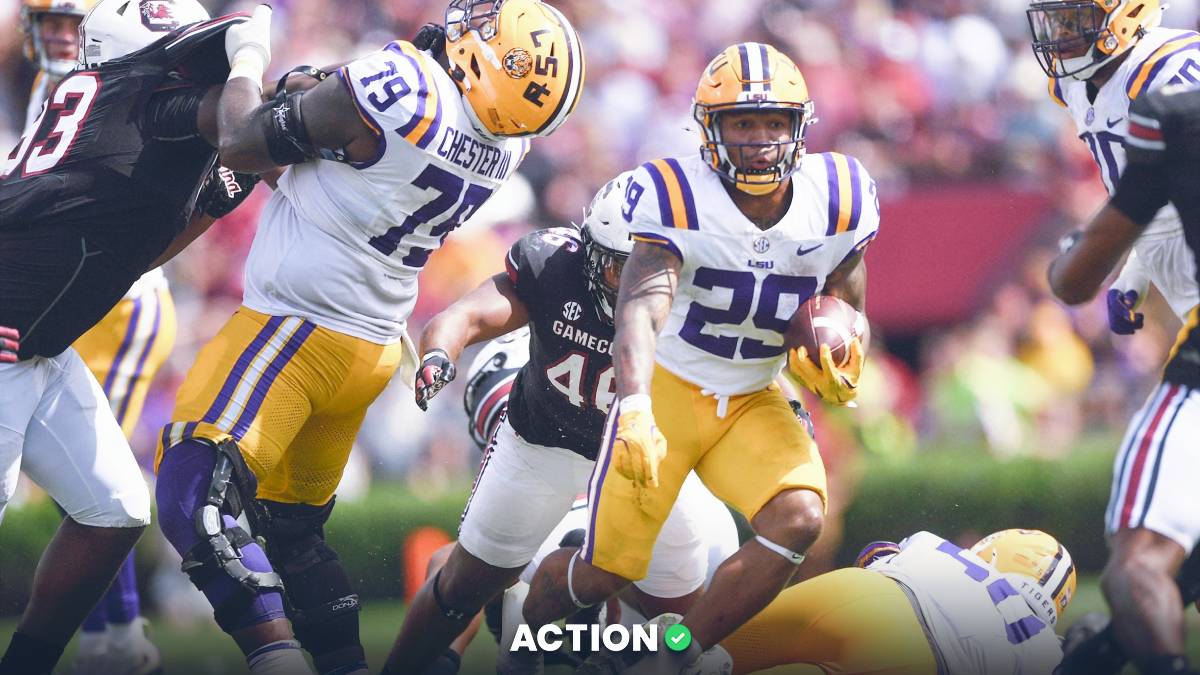You may see a lot of states that end up following the lead of the Bayou State.
That's because Louisiana Governor Jeff Landry signed a bill that raises taxes on sports betting. The money generated by the increase will be used to support the athletic departments of the state's top public universities.
This groundbreaking move makes Louisiana the first state to use a sports betting tax hike to fund college sports in the wake of a historic settlement with the NCAA, which now allows schools to directly compensate athletes for the use of their name, image, and likeness (NIL).
This decision comes on the heels of Governor Landry exercising his veto power against a bill that would have cracked down on online sweepstakes games
A Landmark Decision for College Sports
Originally proposed as HB 639, the bill passed through both the state House of Representatives and Senate before landing on Landry’s desk.
The law, effective August 1, will increase the state's tax on sports betting from 15% to 21.5%. A quarter of the collected tax revenue, approximately $24 million, will be distributed equally among 11 public universities in Louisiana to support revenue-sharing initiatives in their athletic departments.

Governor Landry's decision to sign this bill is part of a broader trend as states look for innovative ways to support college athletics in a rapidly changing landscape.
According to David Carter, founder of the Sports Business Group consultancy, there's a growing movement towards making states "college-athlete friendly." However, he also cautions that these actions could heighten debates over the "perceived" preferential treatment some argue athletes receive.
Preparing for New Financial Realities
The law stipulates that the allocated funds will be overseen by the Board of Regents and distributed to athletic departments at public universities competing in NCAA Division One athletics, particularly those at the Football Bowl Subdivision and Football Championship Subdivision levels. At most institutions, football programs are expected to receive the lion's share of the funds, about 75%, followed by men's and women's basketball and other sports.
This initiative is also a proactive measure to help universities manage finances following the House v. NCAA settlement.
Schools can now share up to $20.5 million directly with athletes, a figure that will rise annually. Co-sponsor Neil Riser (R) notes that this law represents Louisiana's commitment to supporting its educational institutions and athletic programs in adapting to these new financial realities.
Implications Beyond Louisiana
Louisiana's bold step might inspire other states to explore similar strategies as they aim to remain competitive in the field of college sports.
Arkansas, for example, has already taken a different approach by waiving state income taxes on NIL payments to athletes.
As states innovate and adapt, the landscape of college sports funding is likely to undergo significant transformation in the coming years.










